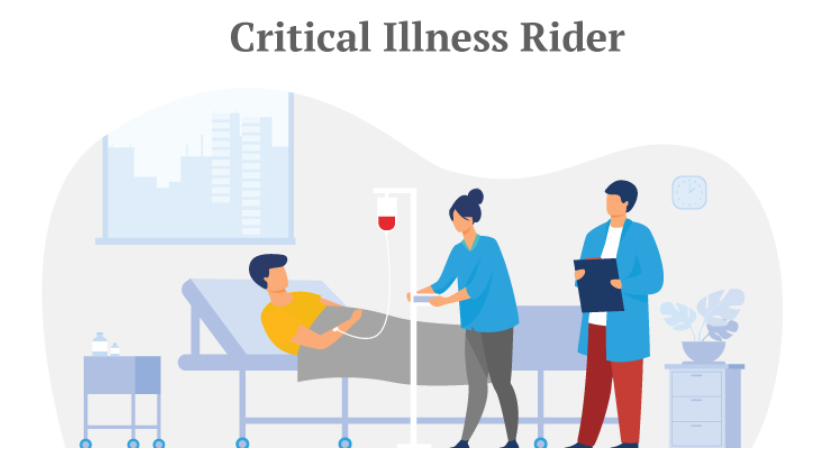When faced with a serious illness, understanding your care options is crucial to managing both your well-being and your peace of mind. In the realm of medical care for serious illnesses, palliative care and hospice care emerge as compassionate choices designed to enhance the quality of life. Although they share similarities, key differences between them can influence which is more suitable for you or your loved one.
Understanding Palliative Care
Palliative care is a specialized approach aimed at enhancing the quality of life for patients with serious illnesses. It provides relief from symptoms, pain, and stress, regardless of the patient’s age or stage of the illness. Palliative care teams, which may include doctors, nurses, social workers, and chaplains, work to address physical, emotional, and spiritual needs.
Who Benefits from Palliative Care?
Palliative care is not limited to end-of-life situations and can be integrated at any point in a patient’s treatment journey, from diagnosis onward. This type of care is appropriate for anyone with a serious illness and focuses on relief from symptoms, enhancing comfort, and improving overall life quality. It’s particularly beneficial early in the treatment process as it can be provided alongside curative treatments.
Understanding Hospice Care
Hospice care, on the other hand, is specifically designed for patients nearing the end of life. This type of care is chosen when a patient has exhausted all curative treatment options and is expected to live six months or less. The focus shifts from curing the illness to providing comfort and supporting the highest quality of life possible during remaining time.
Who Benefits from Hospice Care?
Hospice care is suitable for patients whose health care providers have certified that they are in the final months of life. It’s a common choice for individuals with terminal illnesses like advanced cancer, severe heart disease, or end-stage dementia. Early enrollment in hospice can significantly improve the quality of life, providing managed pain relief and emotional and spiritual support, not just to the patient but also to their family.
Deciding Between Palliative and Hospice Care
Choosing between palliative and hospice care often depends on the patient’s specific situation and progression of illness. Both types of care require thoughtful consideration of the patient’s needs and desires, and both can significantly alter the patient’s healthcare journey.
Financing Palliative and Hospice Care
Understanding the financial aspects of palliative and hospice care is crucial. Hospice care is generally covered by Medicare under the condition that a doctor certifies the patient’s prognosis as six months or less to live. Palliative care may also be covered by Medicare or private insurance, depending on the specific treatments and the patient’s coverage plan. Always check with your insurance provider to understand the specifics of what is covered and what is not.
Leveraging Financial Options
For families facing financial difficulties due to medical bills, exploring life settlements or viatical settlements may provide necessary funds. These options involve selling an existing life insurance policy for a sum that can be used for any purpose, including covering the costs of care not paid by insurance.
Making an Informed Decision
Whether choosing palliative care to manage symptoms during an ongoing illness or selecting hospice care to ensure comfort in the final months, understanding these options allows patients and families to make informed decisions that align with their goals and values. Both choices underscore the importance of quality of life, providing dignity and respect during challenging times.
If you’re exploring these care options or need assistance in managing the financial aspects of care, professionals like those at Harbor Life Settlements can provide guidance and support. Reach out today to learn more about how you can secure the care you need in a way that respects your circumstances and wishes.



